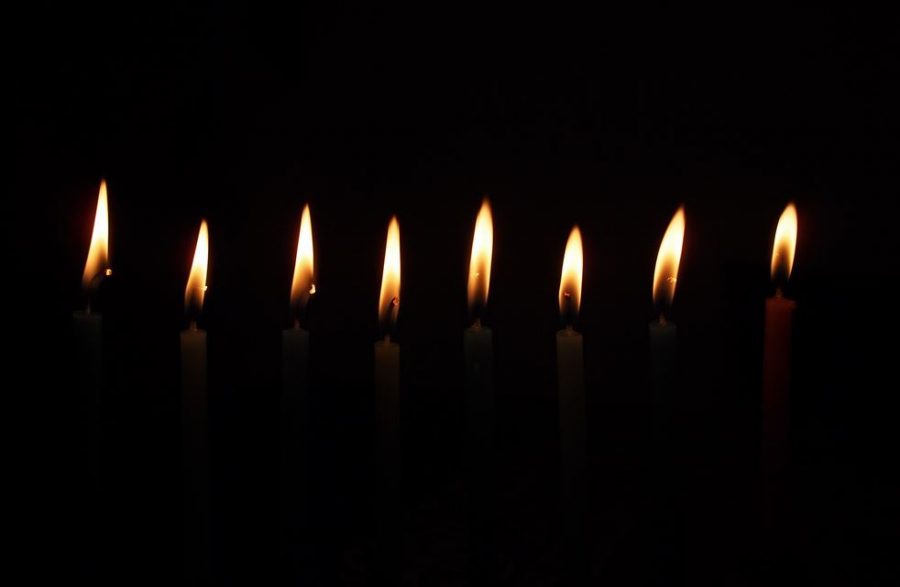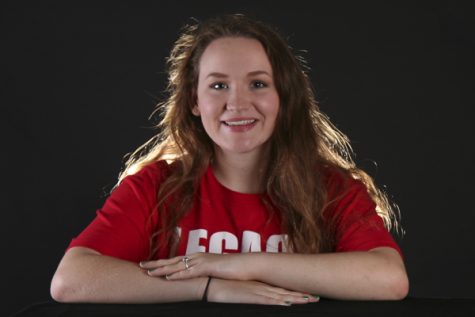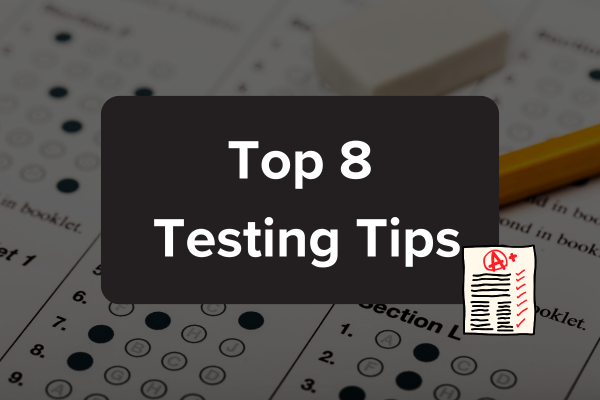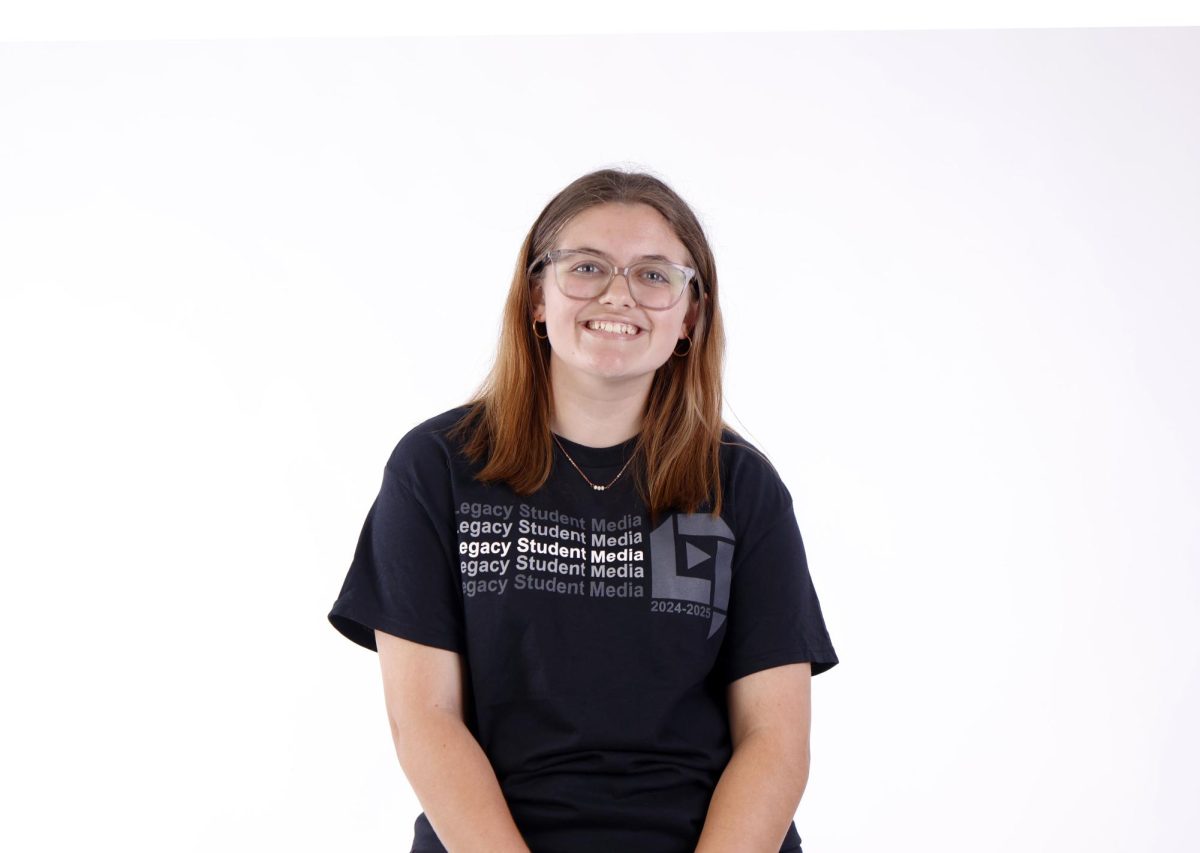
Because America can be considered a “cultural melting pot,” we see a little bit of everything. Americans predominantly celebrate Christmas during the holiday season, but many other holidays are celebrated mainly based on religion, culture and preference. Check out the list below of the other holidays people celebrate.
Christmas
Christians make up about 31.5% of the world’s religious population, so Christmas takes up a large portion of the most widely celebrated holidays. Christmas celebrates the birth of Jesus Christ, the Son of God, sent to redeem humans from their sins. Most people celebrate Christmas by having a feast, attending a church/candle service, attending parades or gift-giving. Commercially, Christmas brings in about $3.19 trillion to retail companies in the United States alone.
Hanukkah
The eight-day Jewish holiday celebrates the Jews’ freedom from Greek rule, oppression and the rededication of the temple. Hanukkah translates to “dedication” in Hebrew. Every night, a new candle is added to the menorah, the nine-branched candle stand. A family will light one candle each night, and the ninth candle is used to light the others. Traditional Hanukkah foods are latkes, potato pancakes, and sufganiyot, jelly-filled doughnuts. Many families exchange gifts and play a dreidel game.
Three Kings Day
Many people in Latin America and Spain celebrate Three Kings Day, also called the “Feast of Epiphany,” to commemorate the day the three wise men visited baby Jesus and presented him with symbolic gifts. In Mexico, it’s celebrated as “Rosca de Reyes” where a traditional sweet bread is baked with a baby Jesus figurine inside. Whoever has the slice with the figurine is held responsible for making tamales on Day of the Candles, a mainly Colombian holiday occurring on Dec. 7 that honors Mary, the mother of Jesus. Children line their shoes by the door, so the three kings will fill and surround them with gifts. Similar to leaving out cookies and milk for Santa, families leave out hay and water for the three kings’ camels who will leave a trail of hay to their gifts.
Kwanzaa
Created by Dr. Maulana Karenga in 1966 by adding together different African Harvest festivals, Kwanzaa translates to “first fruits” in Swahili. After the Watts Riots in Los Angeles, he wanted to find a way to bring unity to the African American community. The holiday lasts seven days, one for each principle created by Dr. Karenga. Each night, a family lights a ceremonial candle and celebrates with traditional songs, dances and storytelling. Families indulge in Karamu, a traditional African feast on Dec. 31.
Saint Nicholas Day
Families and children all across Europe celebrate Saint Nicholas Day with gift-giving, parades, feasts and festivals. Many children leave out their shoes to be filled with gifts. Originally, Saint Nicholas from Myra delivered gifts to people as a way to emphasize the joy giving and spread the love of Christ.
Las Posadas
People celebrate Las Posadas from Dec. 16 to 24 in small towns across Mexico. The townspeople have festivals each evening, and a child dressed like an angel leads a parade. Las Posadas translates to “the inns” in Spanish. The holiday commemorates Mary and Joseph’s nine day journey from Nazareth to Bethlehem while trying to find a safe place for the birth of Christ.















